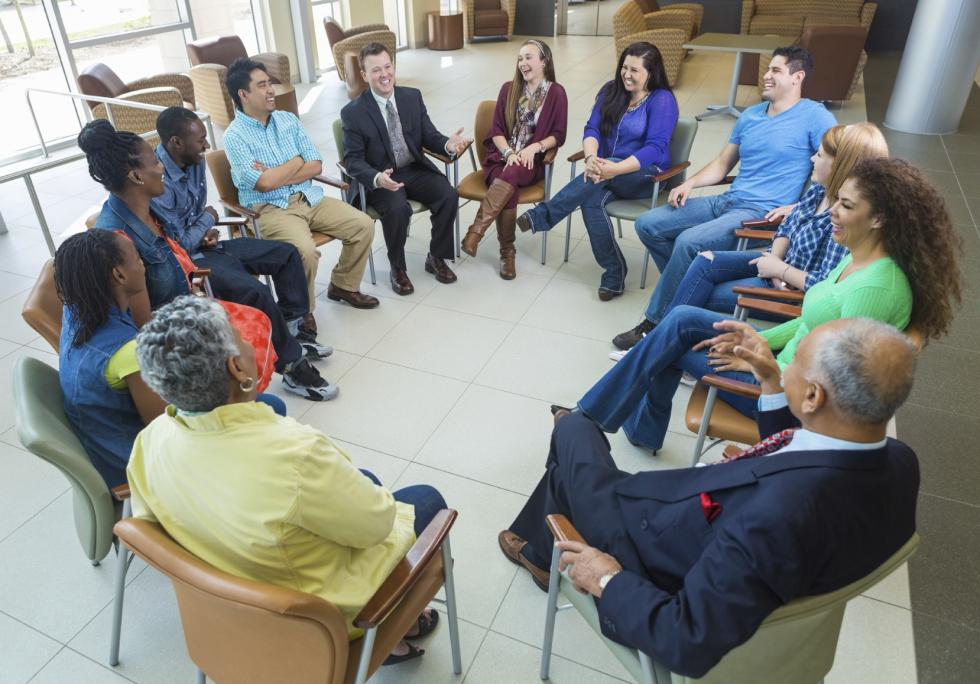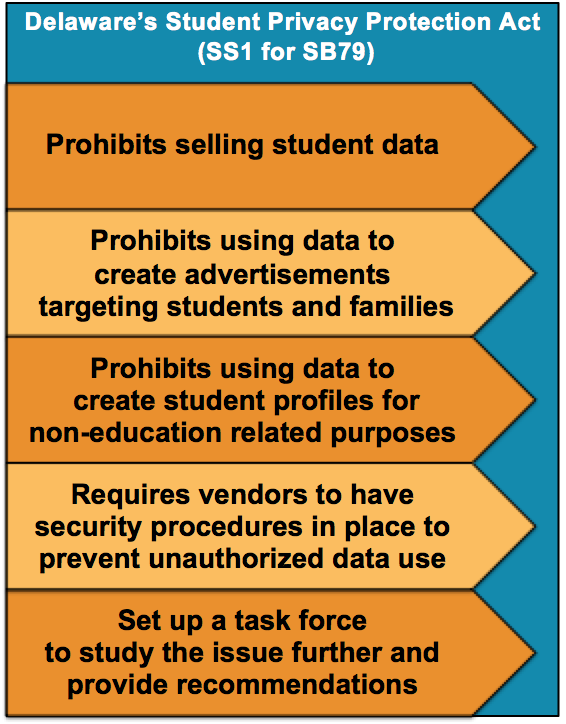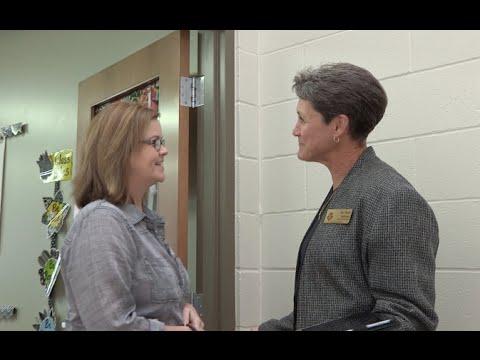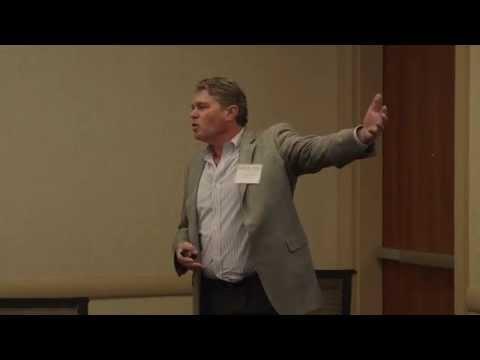Blog: Educator Effectiveness
How Can a Roundtable on Education Human Capital Help Your State?
Another school year has started, and nearly every state in the SREB region is facing major human capital challenges including teacher shortages. Schools now face shortages not only in STEM courses and special education but in most subject areas.
Educator Effectiveness is About Learning and Growth Opportunities
And that should never end
Lessons learned from three years of work in 8 states
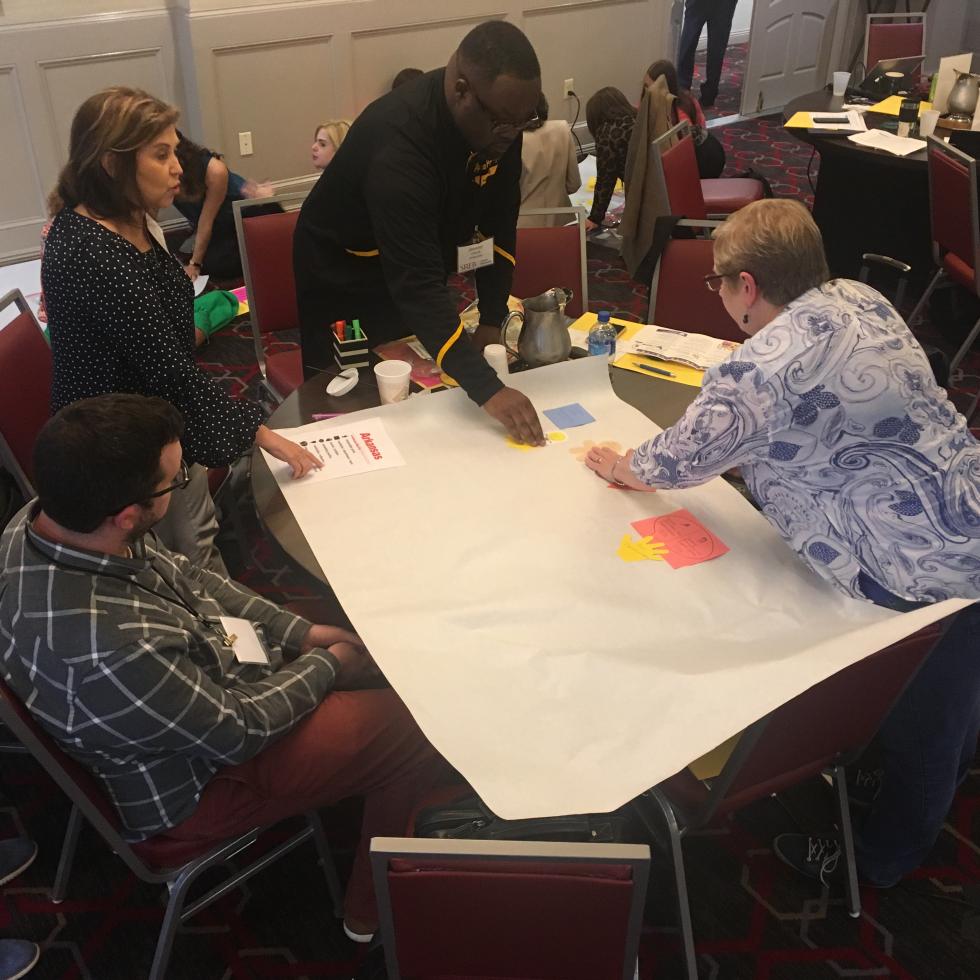 Providing real-time feedback and
growth opportunities to teachers — the real purpose of educator
effectiveness systems — means that school leaders have to
understand and value the skills to be instructional leaders
and be properly trained on those skills. In any career
path, professionals need to know how they’re doing and need help
honing their craft. Teaching is no different; teachers need a
coach, they need feedback.
Providing real-time feedback and
growth opportunities to teachers — the real purpose of educator
effectiveness systems — means that school leaders have to
understand and value the skills to be instructional leaders
and be properly trained on those skills. In any career
path, professionals need to know how they’re doing and need help
honing their craft. Teaching is no different; teachers need a
coach, they need feedback.
In This Together: How States Foster Safe Learning Environments
As legislatures convene regular sessions, we at SREB have observed an uptick in bills focused on school safety. Some propose dramatic changes in the way school districts hire and train security personnel, develop emergency plans, or address students’ mental and emotional health. Others make technical changes to standing laws in order to lower the barriers districts face in creating safe learning environments.
How States Can Get Teacher Evaluation Systems Right
Insights from our partners at Education First
High-quality teacher evaluations are an important component of comprehensive systems to ensure that all students are being taught by effective teachers. From evaluations, districts and states can generate data that can positively impact teachers and students in numerous ways. This is why states have invested so much in them – since 2009, 37 states have updated their evaluation systems – and why they are so important to get right.
The Tale of the Spoon
Closing the Achievement Gap One Utensil at a Time
 The act of teaching is hard — but the ins and outs of being a teacher are hard too. When mentors work on professional growth goals without probing a teacher’s mindset or emotional health, skill development can become distracting, stressful and even counterproductive.
The act of teaching is hard — but the ins and outs of being a teacher are hard too. When mentors work on professional growth goals without probing a teacher’s mindset or emotional health, skill development can become distracting, stressful and even counterproductive.
Adult School Culture
"When a flower doesn't bloom, you fix the environment... not the flower."
I’d like to tell you a story. It’s an important one for all of us who care about public education. I used to teach elementary school. At the end of my first year of teaching, I wasn’t happy with the school where I worked. So, I decided to explore beginning my second year of teaching somewhere else.
Passing the Monday Morning Test
Maryland and Oklahoma Share Insights About the Ins and Outs of Program Implementation
Last month, we shared a run-through of the work by Maryland and Oklahoma to better prepare principals. When I was teaching first grade, many times I participated in professional development sessions that left me bursting with ideas and excitement but left me unsure about my ability to effectively execute what I had learned the next week in my classroom.
Policy Paves the Way
Delaware's Data Privacy Task Force Gets to Work
Delaware is developing educators through the strategic use of pre-service training. Here’s how the state became poised for action:
Tapping Into Talent
Learning From Maryland's Promising Principals Academy
Sometimes it can be difficult to make the transition from knowing to doing when trying to apply concepts to ground-level practice. This often holds true for many kinds of learners – including students, teachers and even states. State education agencies know that principals play an influential role in the development of effective teachers and schools. But how can states build a strong foundation in order to prepare principals for this influential role? Similarly, practitioners can probably agree that in theory, inter-state collaboration yields great potential for learning. So how can they go about actually engaging in it?
Visible Leadership Goes Far in Supporting Teacher Growth
Educator Effectiveness Spotlight
At an elementary school in rural Arkansas, principal Rocci Malone works closely with her teachers to set year-long goals and monitor their progress in improving aspects of their teaching.
Are you my teacher?
Teachers across the SREB region and the nation are wary of the use of student growth scores in their evaluations. How can they know with certainty that their evaluation score is a reflection of how they taught the students in their class?
Tennessee Takes the Temperature
In spring 2014-15, 68 percent of Tennessee teachers reported that evaluation improves teaching in their school and 63 percent said it improves student learning. That is a drastic shift from when Tennessee became the first state to implement a statewide, multiple-measure teacher evaluation system that included a major student growth component in 2011-12. How did they get to where they are now?
Implementing Evaluation Systems: A Time for Teacher Voice
Many states have focused their efforts to improve schools and student achievement through the primary catalyst for change: teachers and school leadership. They have determined that more comprehensive teacher and leader evaluation systems are the vehicle for this improvement. With a focus on increasing student achievement, what is our purpose in teacher evaluation?
Tysza’s Tips for Observing Teachers
This presentation walks through the ups and downs of teacher reflection and growth through classroom observations — and how to make the most of them.
Applying lessons from public health to challenges in education
At our educator effectiveness convening, Emory University professor Dirk Schroeder described the positive deviance approach for studying positive outliers who can inspire solutions to implementation challenges in education.
Getting better at getting better
Accelerating improvement was the focus of the Carnegie Foundation Summit I attended on March 2 – 4. Drawing on examples from their own work, education leaders including Commissioner Terry Holliday (KY), Superintendent Lillian Lowery (MD) and Assistant Commissioner Emily Freitag (TN) taught us about the core principles of improvement science:



